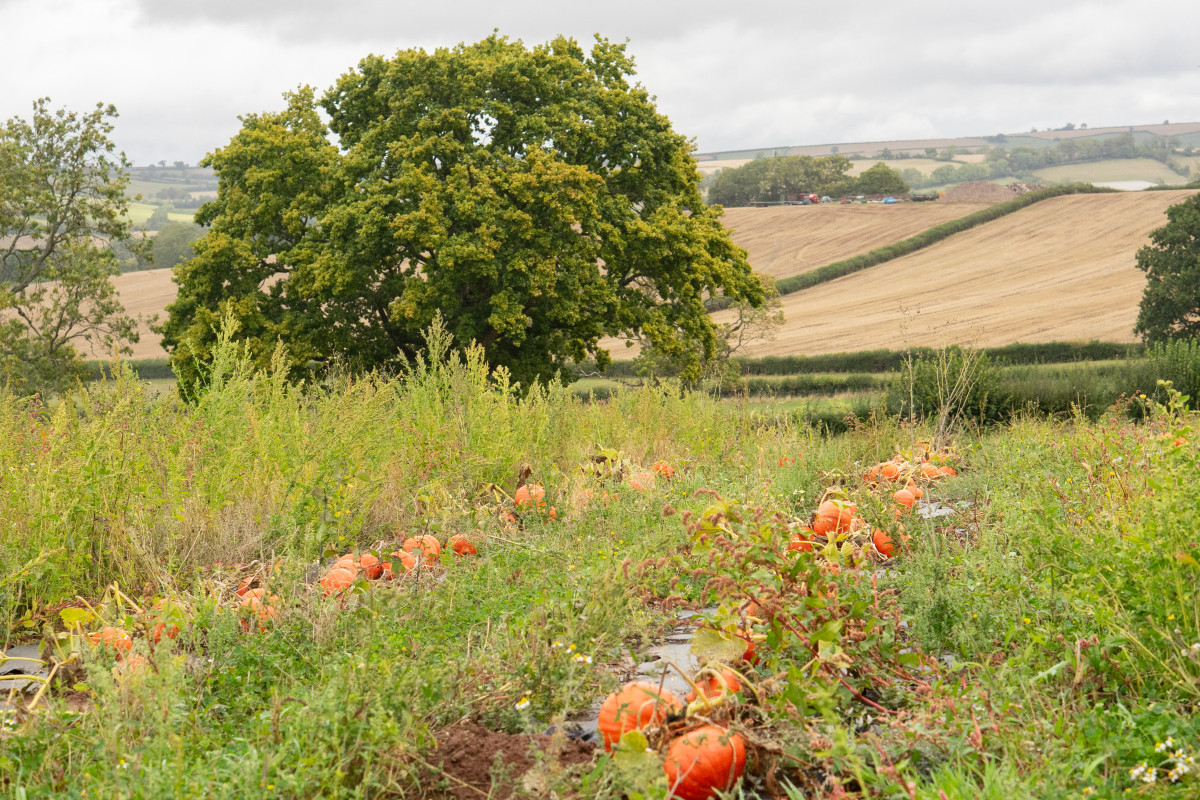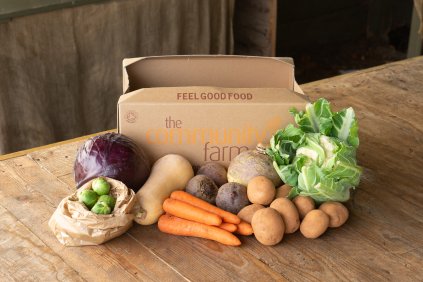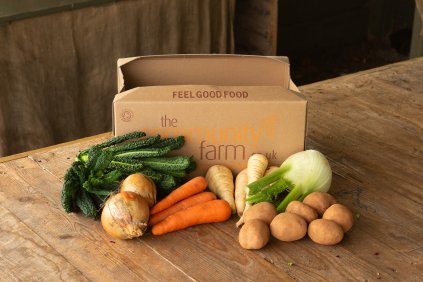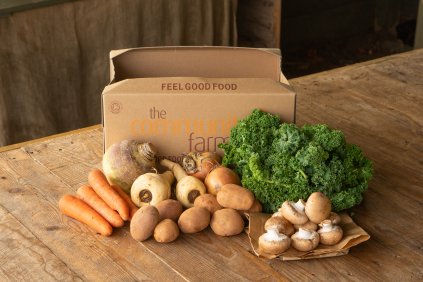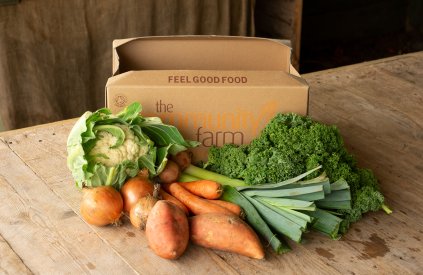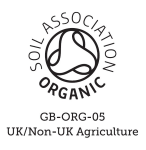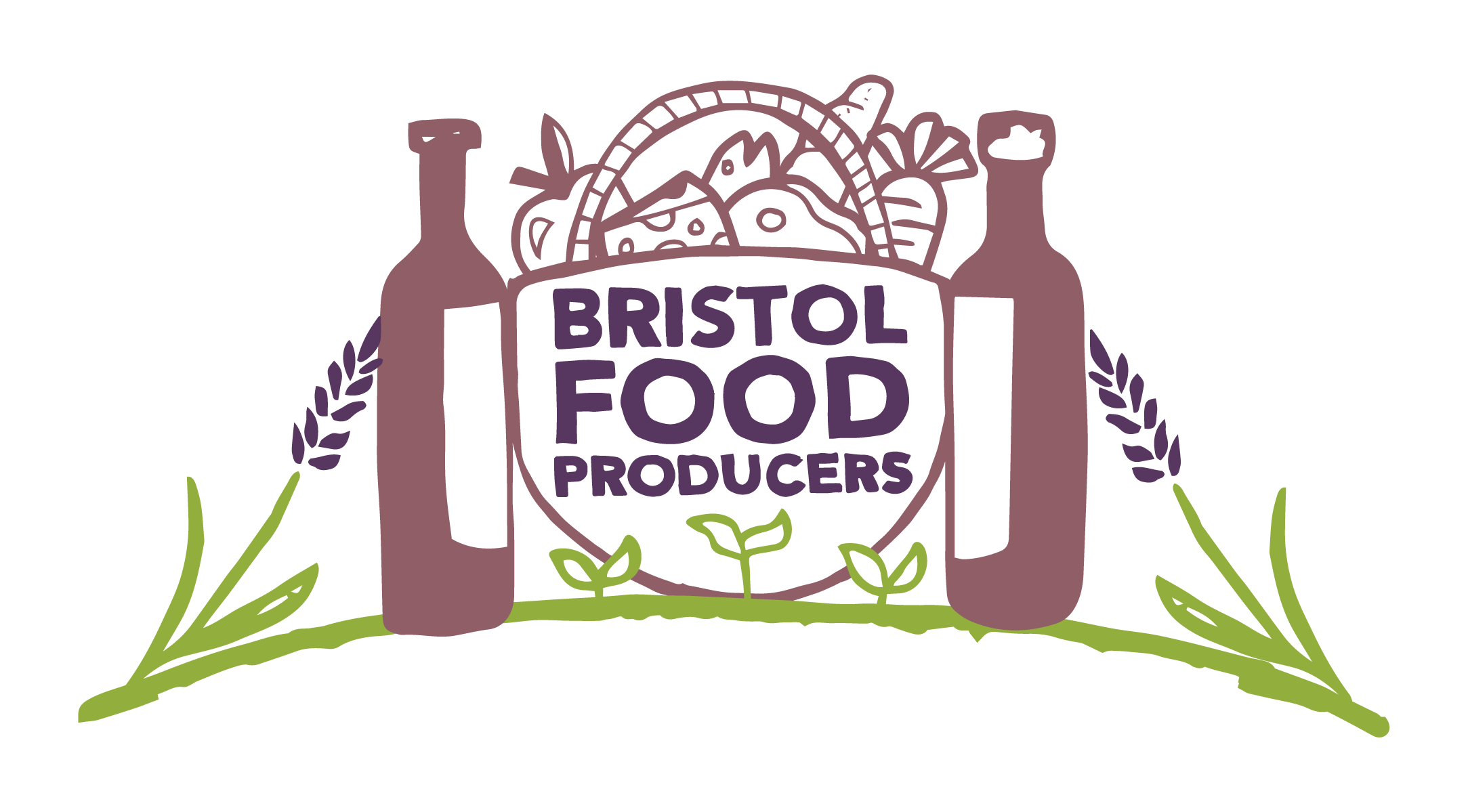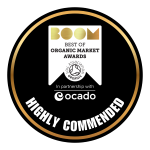One question we get asked regularly at Black Bee Honey is, “Are your honeys organic?”
The short answer to that question is no, and here’s why: the Soil Association’s Organic farming standards require hives to be sited in an area with a 3km radius - the maximum distance over which bees will forage for pollen from their hive - which consist mainly of organic crops. This is a huge challenge in the UK, as organically certified farms are thinly distributed in a patchwork fashion and often exist on a much smaller scale than their industrial counterparts.
Because of this challenge, our honeys are intentionally sourced from areas with little exposure to pesticides including apiaries in Exmoor National Park, An East London nature reserve, the Norfolk salt marshes and the North Yorkshire Moors. Our jars are always stamped with the location of our hives - not only to recognise their provenance, but to point out why they taste the way they do! Did you know that a honey’s flavour can drastically change depending on the pollen present in that 3km radius? We want to preserve and celebrate this rather than reduce honey to a bland and anonymous sweetener, which is why our different varieties of honey suit different tastes and uses.
Furthermore, to keep the product as natural as possible, we don’t pasteurise or blend our honey. It’s gently warmed and then only coarse filtered to retain the pollen. Also, we now test our honey to identify all of the pollen types present and how they influence the “Total Activity” (TA) score. This number indicates the level of antimicrobial activity present in a particular honey, similar to a UMF or MGO rating for Manuka honey. For instance, our British Autumn Honey has a TA score of 17 due to the presence of pollen from Ling Heather, leading to an incredibly aromatic honey with a uniquely thick and silky texture.
We are also careful to work only with producers who share our high beekeeping standards. For example, we only use natural treatments for disease and will only feed hives when the bees are at risk of starvation.
Black Bee Honey was founded after the realisation that almost all of the honey on our supermarket shelves is imported (mainly from China, Mexico and Argentina with varying farming standards and zero indication of provenance for the consumer), blended (sometimes with other honeys, sometimes with sugar syrups), fine filtered (to remove pollens) and then rapidly heated to a very high temperature in an attempt to prevent crystallisation so you can squeeze it out of a plastic bottle. This obsession with runny honey means a much lower quality product in terms of flavour and health benefit. There’s a race to the bottom with supermarkets looking for ever-cheaper honey in larger plastic containers.
We’re committed to being a sustainable and ethical company which is why we’re currently applying for B Corp status to ensure this is reflected in all areas of the business. For every 20 jars of honey sold, we donate a jar to a local food bank. And the profits from a new honey variety from our own hives in Montacute, near Yeovil, will be given to a different charity every month. We’re also a member of the #workwithme community of businesses that employ people with disabilities.
Despite the challenges with organic certification, we’ll continue our ongoing conversation with the Soil Association in the hope of working towards producing UK organic honey.
Paul Webb
Founder of Black Bee Honey
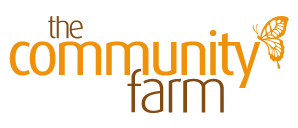

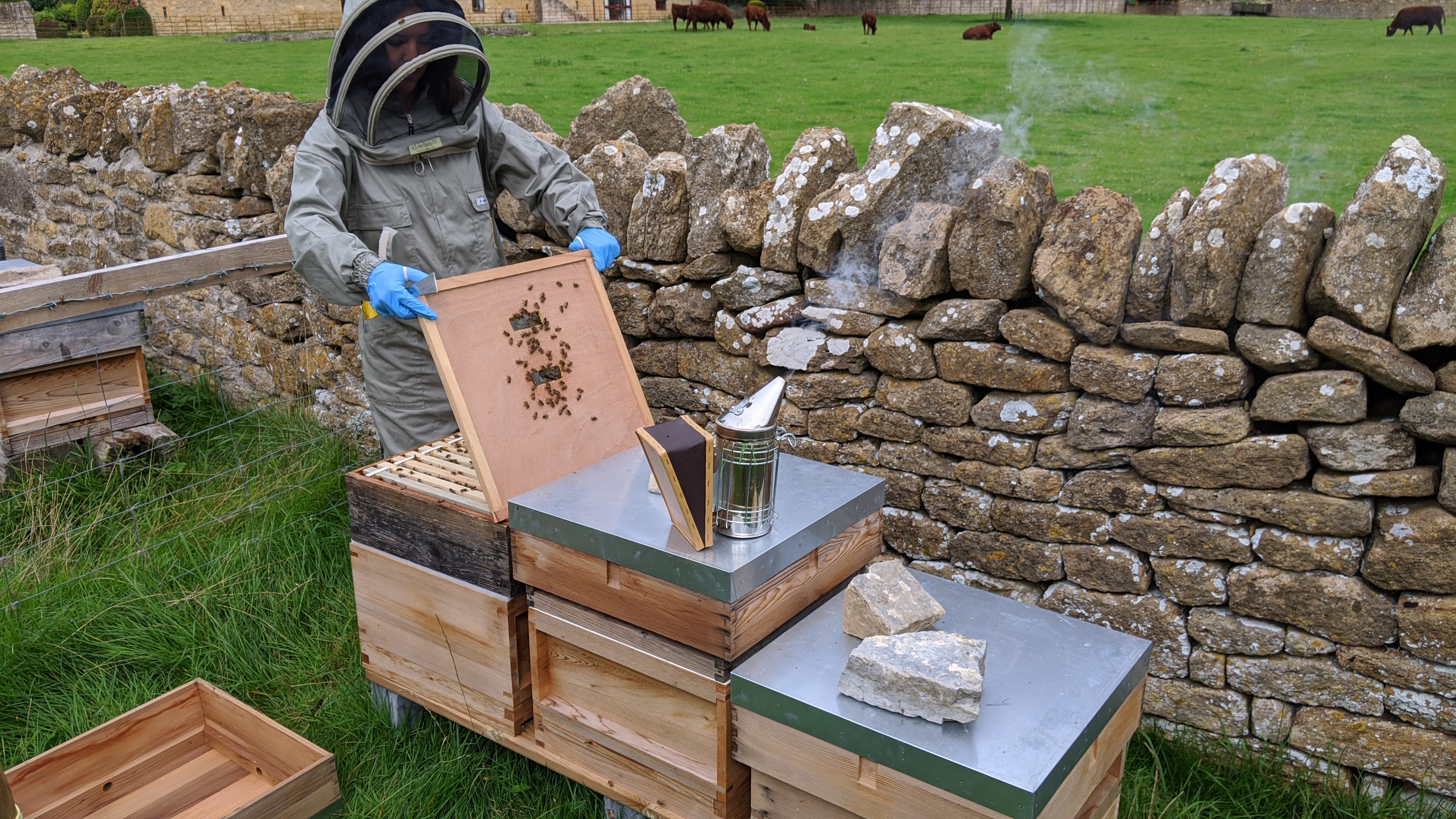
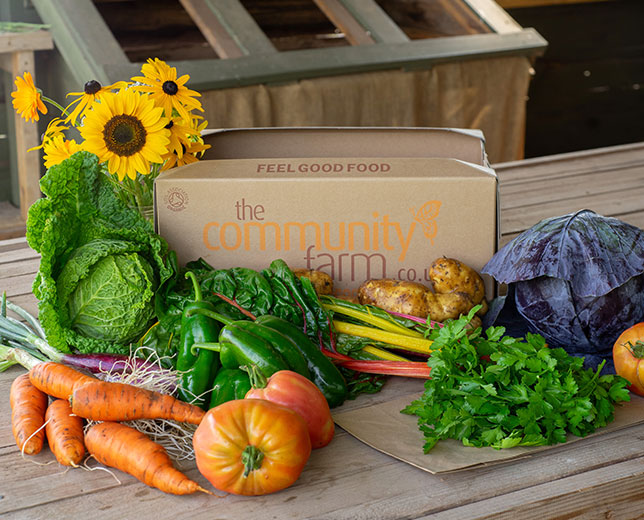
.jpg)
